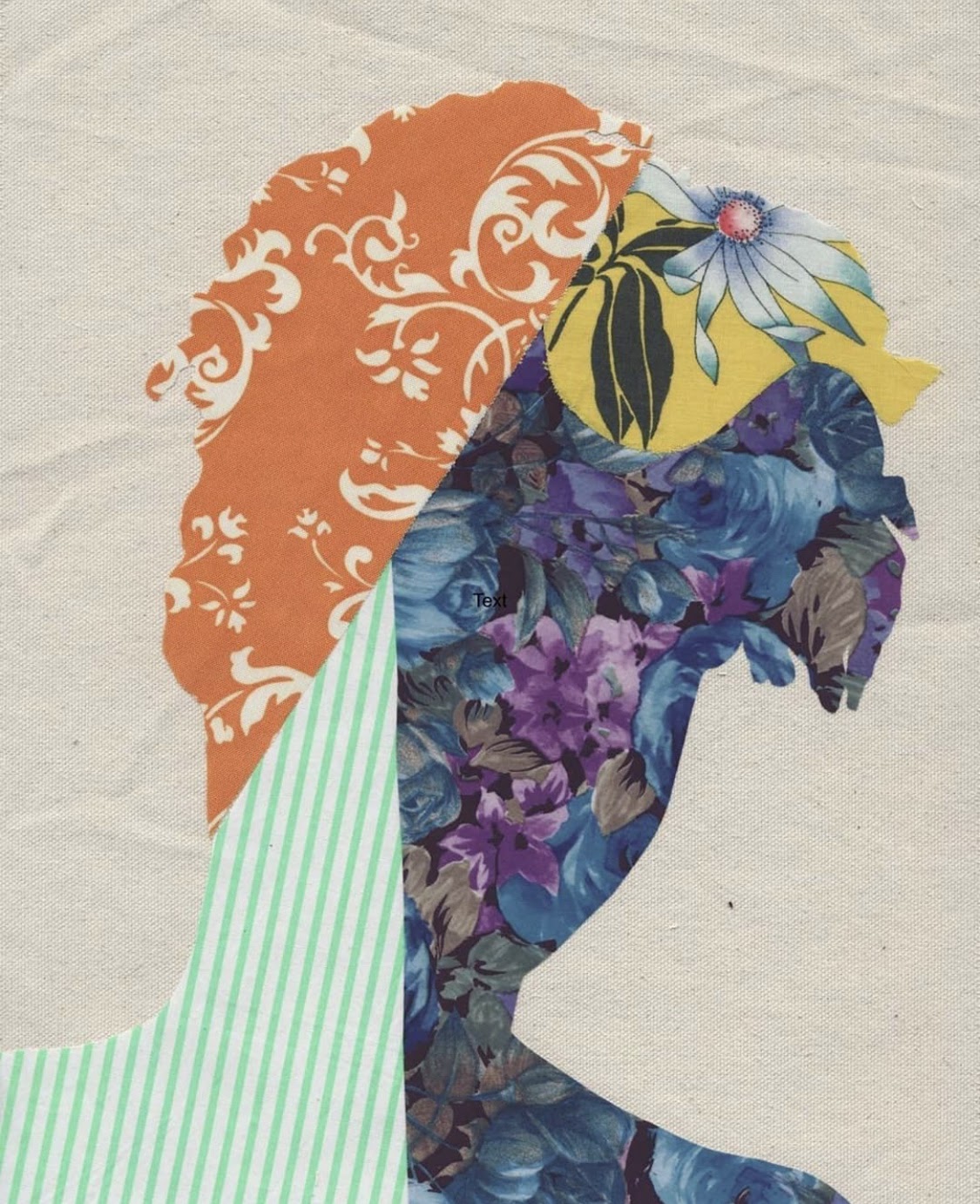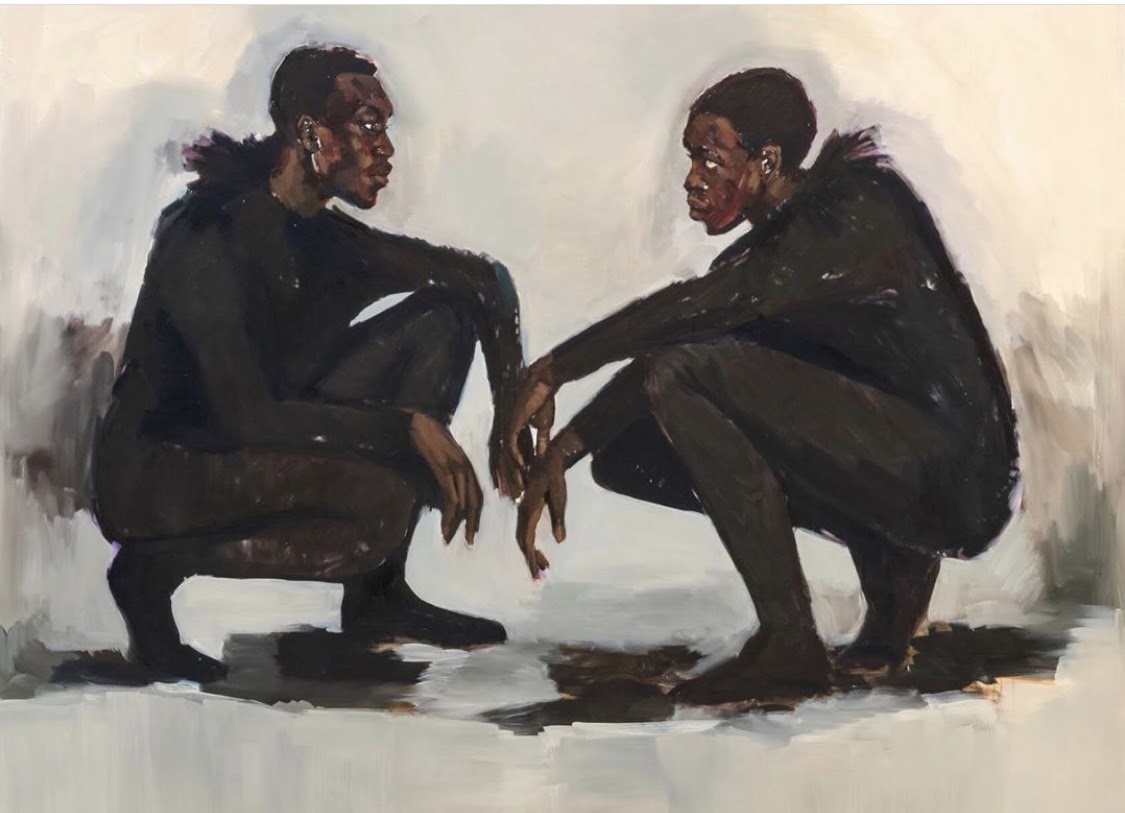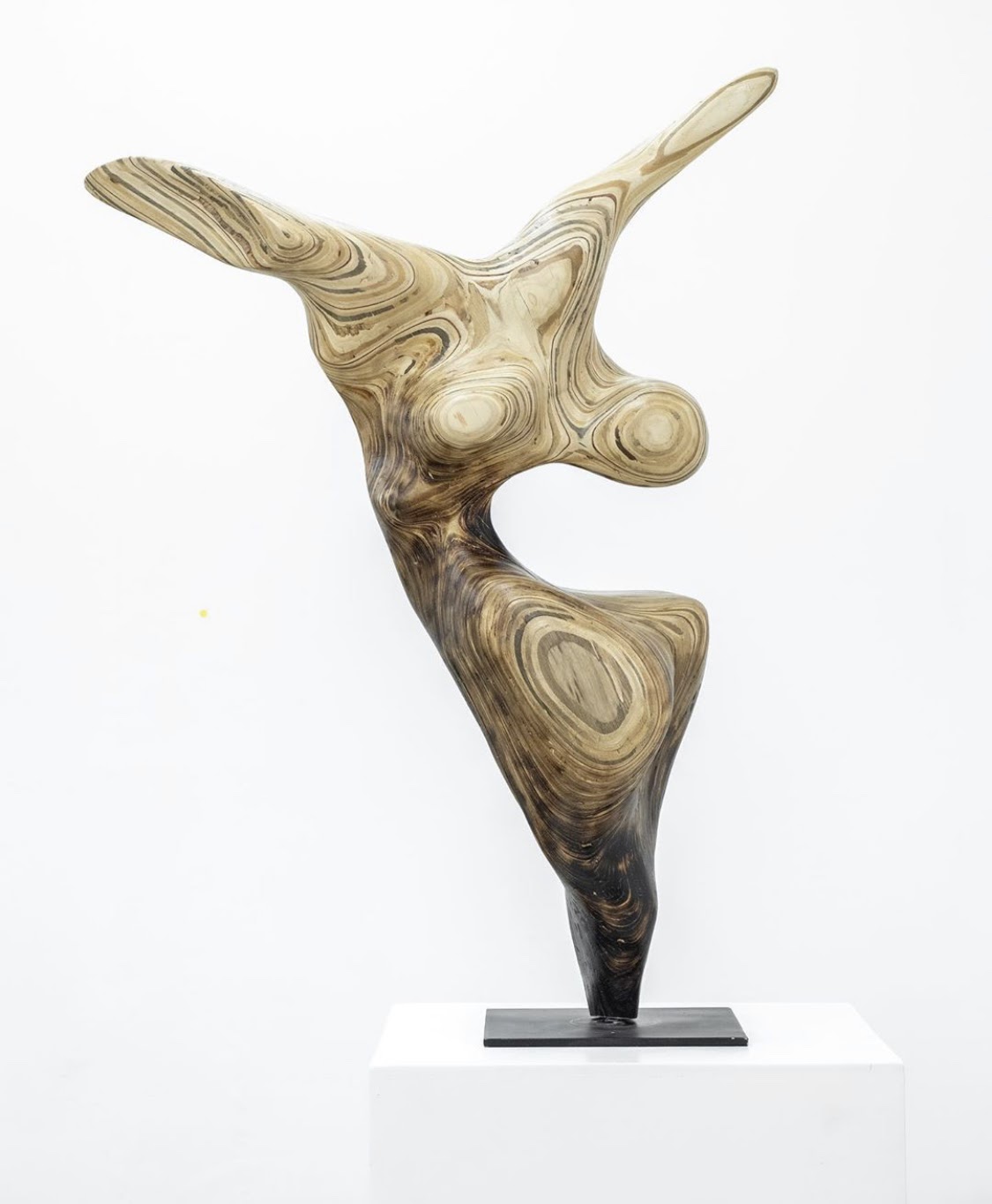Hero image courtesy of Instagram.
The sky cried tears for me and the creeks were my veins that swelled in anger. The topography of the physical, environmental, and imagined landscapes fuse together to indicate the harboring of trauma in the body and the psyche.
We have become jagged landscapes and repositories for generational trauma. With the recent events of police brutality and the call-to-action of Black Lives Matter and other organizations, these feelings of frustration, depression, and anxiety reverberate.
Ask yourself these questions to identify if you have trauma: Are you feeling anxious, angry, fatigued, restless when it comes to your sleep, imposter syndrome, headaches, shame, self-blaming, physical pain, overwhelming stress, lack of self-worth, or strong disturbing feelings? You may suffer from racial trauma in your life. One common trigger for People of Color (POC) are interactions with racist coworkers that induce panic, interactions with law enforcement that cause anxiety, and reactions to media portrayals of people that look like you in a bad light cause self-worth issues and depression. If this sounds like your situation or if you have unexplainable symptoms, then you are likely harboring racial trauma. It lives like a toxin in the body and affects all aspects of life if unchecked.
According to the #racialtraumaisreal research of Boston College, racial trauma is a unique type of trauma that does not exist in isolation. For instance, they explain that “when people of Color experience racism more frequently, their symptoms tend to intensify. And, these racism experiences never exist in isolation; racial trauma is a cumulative experience, where every personal or vicarious encounter with racism contributes to a more insidious, chronic stress. When people of Color experience racism, it brings to mind both their own previous experiences with racism, as well as their awareness of the longstanding history of racism directed toward similar others in the US.”
But the hardship stops here because we have many psychologically-proven ways to cleanse yourself of internalized racism and decrease the effects of racial trauma. Here are some of the things we have prepared for your benefit:
- Origins of Racial Trauma
- Separating How You See Yourself Compared to How the World Sees You
- Acts of Self-Care That Will Soothe Your Racial Trauma Wounds

Carrying a Heavy Load: Acknowledging Post Traumatic Slave Syndrome
Unpacking Your Trauma Story
Trauma is a buzz word among psychology circles. Trauma is “severe psychological distress” and when an instance or multiple instances trigger a bodily and or mental. Your trauma may exist in a blatant way or may be submerged in your psyche to the point that you may not be able to identify the root of your symptoms. This affects how you are showing up in the world and wears at your mental and physical health. Know that trauma is a serious condition, no matter how you play it down or dress it up and it may evoke fight, flight, or freeze responses.
Racial trauma, Dr. Joy DeGruy theorizes stems from Post-Traumatic Slave Syndrome, mars many in our communities. Post Traumatic Slave Syndrome, as a part of America’s legacy enduring injury and healing, descendants of slaves inherited as a coping mechanism for repeated instances of trauma. This manifests into the following behavioral patterns:
- Vacant Esteem–feelings of depression, self-destruction, self esteem issues
- Marked Propensity for Anger and Violence–violent feelings and suspicion of others
- Racist Socialization and (internalized racism)–distorted self-concept
Whether the trauma you carry comes from hereditary racial injustice coping mechanisms, your experiences closer to the present, or a cocktail of both of those things, you are valid with how you feel. Furthermore, you are entitled to seeking help from mental professionals, as well as dilute this toxicity with self care and breaks from your emotional labor.

Double Consciousness: How I See Me V. How Others See Me
Reaffirm Yourself in a Non-Supportive World
Regardless of if you acknowledge it or not, you are in a relationship with Whiteness. In this complicated and unavailable relationship that POC have with Whiteness, the only form of refuting this is through focusing on how you see yourself. Other people may not show up for you emotionally or not give you the support you need. While the world may see you in a lens that does not encapsulate who you truly are and tears you down, validate your self-worth. The structures that exist take time to dismantle and it is not your responsibility to fix the relationship that you have with this country or whiteness. You do, however, have a responsibility to yourself to live your best life. These are some tips from Black Girls Heal that will help you navigate racial trauma:
- Cry if you need to
- Confront and use your voice when necessary
- Celebrate as an act of political warfare (i.e. go to cookouts, dance, laugh)
- Create your own platforms and spaces no matter what the system does around you
- Contribute to grow your own communities, donate to the movements, and build your personal Meccas
Visualizing positivity is so crucial in manifesting your reality. Therefore, think about your brothers, friends, parents, and sons growing up and living a full life. Think about your daughters, mothers, friends, and family members having a space that does not criminalize their actions and allows them to express themselves and show up completely.

Self Care as a Form of Survival
Culturally Sound Methodologies For Self Preservation
Brown Girl Self Care delineates the importance of self care when they say, “Our ancestors weren’t allowed to rest or make space for self-care. We honor them when we willfully slow down. We honor them when we refuse to work ourselves to death to benefit a system creates to rise on our labor.” Additionally, Audre Lorde says, “Caring for yourself is not a form of self indulgence, but an act of self preservation.” This shows the significance of self care practices in your daily life. Your self care is your key to existence, so make sure to do every act with intention to release the trauma within you. These are some of the many things that are self care practices for racial trauma based on Black community cultural practices:
- Recognize That it Takes a Village: talk to community members that can understand and empathize with circumstances of racism to minimalize internalizing this racism
- Call on Your Elders: seek support from spiritual leaders, mentors, and POC therapists
- Engage in Solitary Recharge: mindfulness practices, prayer, reading, and check in with yourself with guided questions
- Access Collective Strength: spend time with family and friends, go to cookouts, play spades, uno, dominos, or any other favorite social game, and get your hair done while engaging in salon/barbershop talk
- Create out of pain: painting, drawing, journal, or any type of art that engages you physically and mentally
- Prophesy Joy with Your Mouth and Body language: speak affirmations of Black Girl Magic, Black Boy Joy, and Black excellence over yourself, singing your favorite songs, dance like nobody is watching
- Pay Attention to Your Bodily Cues: cooking, eating healthy, exercising, staying hydrated, rest, reset your breathing
- Pass it On: cook something for someone else, mentor a young person in your life, write a commentary on something

Make Your Own Racism Recovery Plan
Next Steps to Radical Racial Healing
Take some of the healing practices from above or add your own flare to it to create your own Racism Recovery Plan (RRP). Pledge, this day, to yourself that you will recognize instances of racial trauma, disengage when necessary to de-escalate racist situations, and fight racial trauma with self care practices of your choosing.
Your antidote exists within you because you–yourself are magic. The radiance of the sun fills your orifices. Your skin glows and browns in its shine. Never shy away from your skin’s bronze. What others called a curse, ‘Cain’s diabolic dye’, know that is your superpower. You are children of the sun and your resilience will propel you into orbit in any universe.
